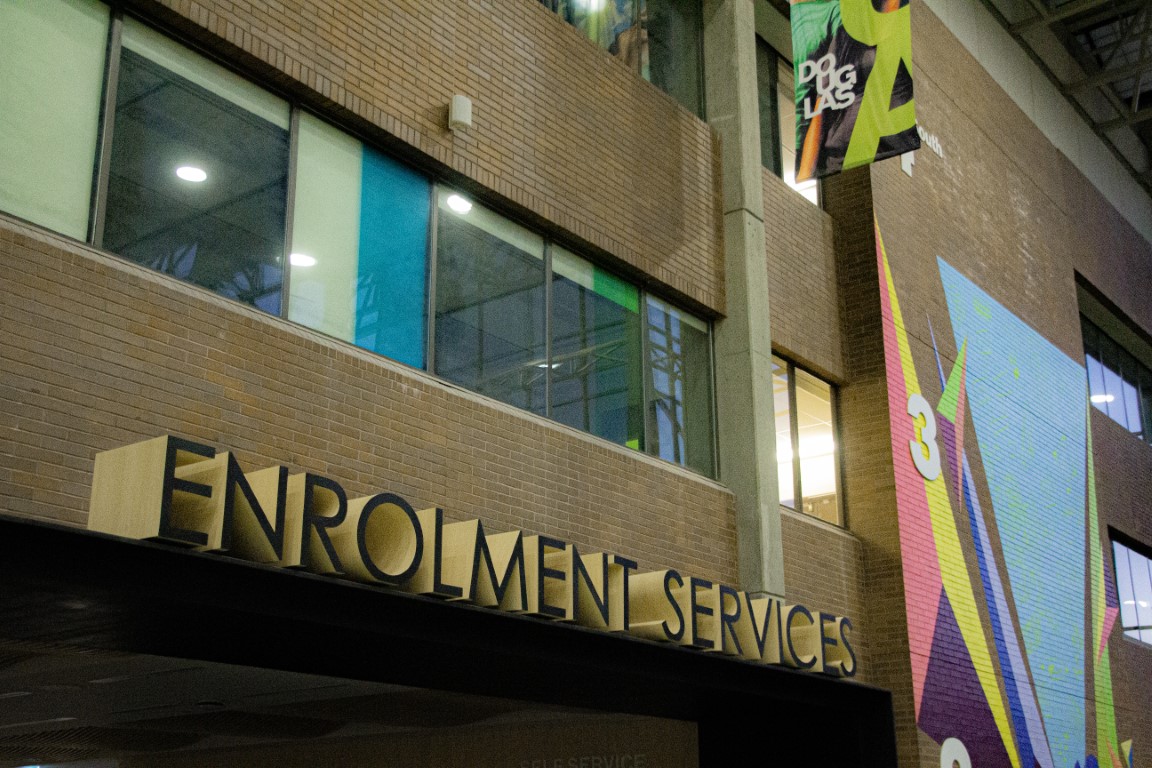
Nearly two-thirds of Lower Mainlanders reject higher taxes
By Alex Stanton, Staff Writer
The polls closed on May 29 following nearly three months of voting and extensive campaigning from opponents and proponents of the Transportation and Transit Referendum. On July 2, the results were in: most voters in the Lower Mainland were against a tax hike to fund transit and infrastructure improvements, disappointing the Metro Vancouver Mayors’ Council.
The plebiscite concerning whether Metro-Vancouverites would pay an extra 0.5 per cent sales tax over the course of the next 10 years ended with 61.68 per cent of residents voting against the increase, and 38.32 per cent voting for it. The overall voter turnout was 51 per cent—higher than the 44.13 per cent that voted in the Vancouver municipal election last year.
The $7.5-billion, 10-year plan involved major improvements to the transit and traffic infrastructure of the Lower Mainland. Projects that would have been funded through this plan included light rail transit (LRT) through Surrey and Langley, 25 per cent more bus service region-wide, and the replacement of the almost 80-year-old Pattullo Bridge.
At a press conference on Thursday, TransLink interim CEO Doug Allen told reporters “there is a clear no outcome, and we must respect that,” and that TransLink would still do its best to deliver service at a reasonable price through cost savings, despite the inability to expand.
The de facto representative of the No side, Canadian Taxpayers Federation spokesperson Jordan Bateman, expressed his elation at the results and called it a “tremendous victory for taxpayers.”
“Of course this was about TransLink,” Bateman reiterated at a press release the day of the results. “TransLink wastes too much money to be trusted with more of it.”
Despite the fact that Surrey residents voted no in the plebiscite, Mayor Linda Hepner told the Province she vows to move forward with the LRT system in a city that is expected to be the most populated in British Columbia by 2020.
The results show that the suburbs voted strongly against the sales tax compared with the City of Vancouver, with over 70 per cent of residents voting no. The City of Vancouver itself had a 50.81 per cent vote against, the closest vote in the whole region.
With both a sales tax and property tax taken off the table by the Mayors’ Council, Lower Mainland politicians will have to go back to the drawing board to improve infrastructure in a region that’s slated to have an extra 1.1 million residents by 2040.

